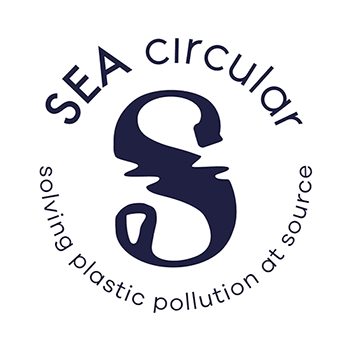There is a growing recognition of the need to take ambitious action to combat marine litter in the South-East Asia and East Asian Seas region. This has led to a proliferation of activities, including numerous regional or multinational projects.
These projects address various aspects of plastic pollution, marine litter, circular economy and waste management, contributing to delivery on global commitments including the 2030 Development Agenda, UN Environment Assembly resolutions, regional policy frameworks such as the Coordinating Body on the Seas of East Asia (COBSEA) Regional Action Plan on Marine Litter and the ASEAN Framework for Marine Debris, and addressing specific national needs.
Collectively these initiatives have greatly accelerated action in the region, and they can have a large-scale and lasting impact. However, there is also a risk of redundancy and duplication of efforts.
Information sharing among initiatives can reduce such risks and promote coherence, thereby enhancing the efficacy of marine litter reduction efforts.
Purpose
This coordination effort is proposed as a series of meetings and workshops, to provide a platform for regular exchange of information among wasted plastic reduction and marine litter initiatives in the South-East Asia and East Asian Seas region, in order to:
- Identify complementarity between initiatives, strengthen cooperation and avoid redundancy;
- Promote alignment in messaging / external communication;
- Eliminate discrepancies in narratives and directions of work;
- Where relevant, foster direct collaboration on specific activities or events.
Participants
Representatives of regional and multi-country marine litter initiatives in the East Asian Seas region
Logistics
The workshops will be convened annually or twice a year, in Bangkok.
In light of the COVID-19 outbreak, the first meeting amongst project leads will be held virtually on web conference Teams at 10:00 9 March 2020, Bangkok time. The initial meeting is for project leads to commence the dialogue amongst projects.
At later times when meeting hosting guidelines for SEA countries, the UN and the WHO are updated, face-to-face workshops may also be held in other locations, e.g. in connection with international or regional conferences. These subsequent meetings will be made available to observers.
Overview of agenda
Introduction to projects – 15 minutes per project including Q&A
Coordination of work
Alignment of definitions – recycling, recyclable, alternative solutions, etc.
Working groups
- Marine litter quantification: hotspot assessment & methodology, geographies, technology involved
- Business engagement for plastic action: commitments, recommendations, best practice sharing, specific industries with focuses
- Outreach and education: awareness raising, train-the-trainers, courses, material development
- Partnerships connection: business solutions, technological intervention, recovery and collection liaison
- Social considerations: human rights-based approach, gender lens, information sector engagement, no displacement of livelihoods
More information
The meeting is organized by the SEA circular project, with IUCN MARPLASTICCS project and WWF EPR project as co-hosts.
The workshop is co-hosted by WWF EPR (Thomas Schuldt), IUCN (Siriporn Vivi Sriaram) and UNEP SEA circular (Maggie Lee).







